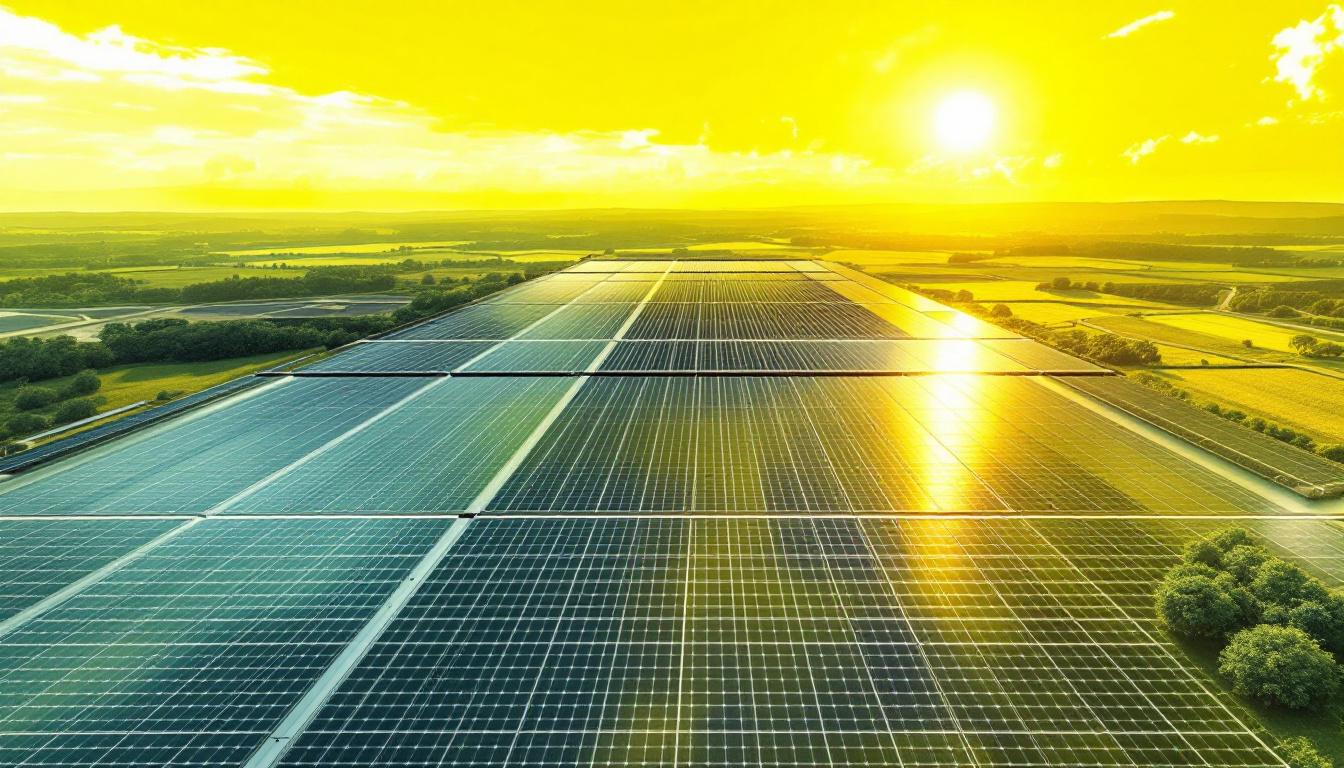The UK government is under mounting pressure to deliver a national artificial intelligence energy efficiency strategy within the next 18 months, amid growing concerns over the strain AI infrastructure is placing on the country’s electricity grid and water resources.
In the House of Lords, Earl John Russell, spokesperson for the Environment and Climate Change Committee, tabled an amendment to the Planning and Infrastructure Bill calling for AI energy use to be made a statutory planning consideration. He warned that overall UK electricity demand is forecast to double by 2050, with AI playing a major role in sectors such as building management and transport. While small modular nuclear reactors could contribute to future supply, they are unlikely to be operational before the mid-2030s.
Russell also highlighted reports of large technology companies scaling back on clean energy commitments, citing Google as an example. His proposed amendment would require developers to provide projections of AI-related energy use in planning applications, implement measures to secure supply and efficiency, and ensure surplus energy from data centres can be returned to the grid. It also calls for stronger water efficiency strategies to address the significant cooling demands of data centres. Defra has forecast a daily shortfall of nearly five billion litres in water supply by 2050.
Although the Department for Science, Innovation and Technology is preparing a national policy statement on sustainable planning for the sector, due in 2026, peers argue the pace of AI growth is outstripping policy. The government’s AI Energy Council has established a sustainability group to accelerate low-carbon solutions and carbon reduction tools linked to AI.
Data from techUK and the Environment Agency shows progress in water use, with 64 per cent of English data centres now consuming under 10,000 cubic metres annually thanks to waterless and closed-loop cooling. Even so, experts have urged mandatory reporting of energy and water use by data centre operators to guide policy and strengthen accountability.
Google recently pledged £5 billion for UK infrastructure, including a new data centre near London using air cooling and heat redistribution. The facility aims to run on 95 per cent carbon-free energy by 2026 and create more than 8,000 jobs annually, illustrating commercial interest in sustainable AI deployment.
At the European level, Brussels is preparing binding efficiency rules for data centres, which account for 3 per cent of EU electricity consumption. The UK government has also announced reforms to speed up grid connections for critical sectors such as AI, potentially unlocking £40 billion in annual investment.
The debate highlights the urgent need for coordinated action to align AI growth with environmental sustainability. Russell’s amendment presses for energy and water efficiency to be embedded in planning frameworks, ensuring AI strengthens both national competitiveness and climate resilience.
Created by Amplify: AI-augmented, human-curated content.


